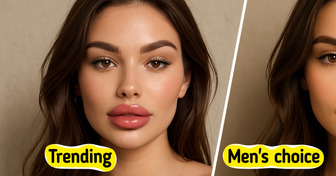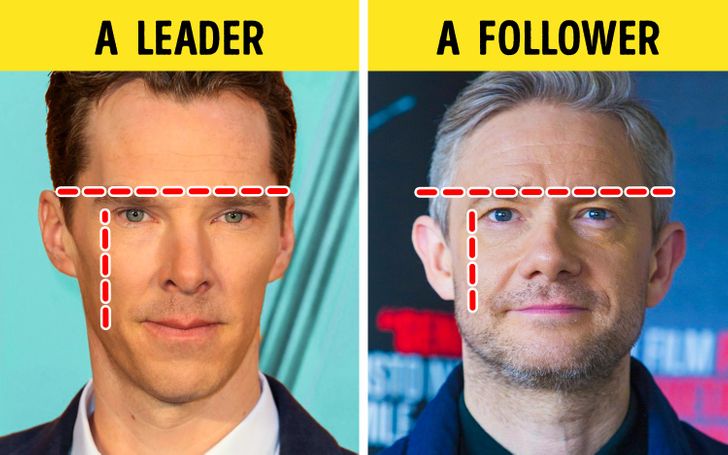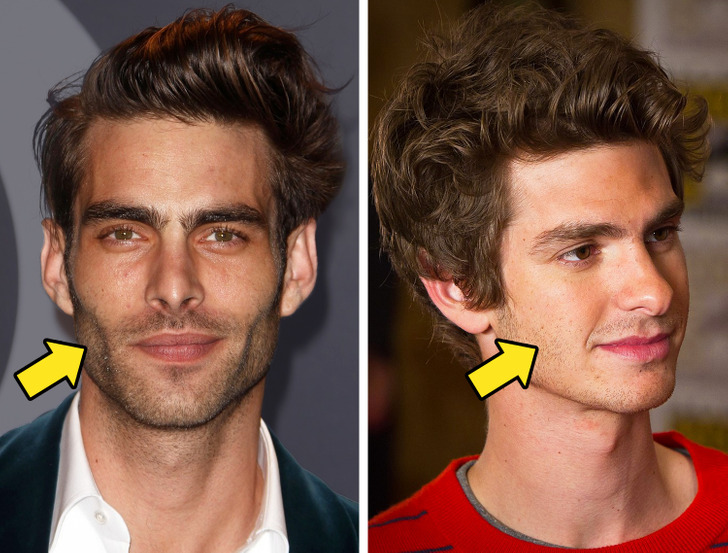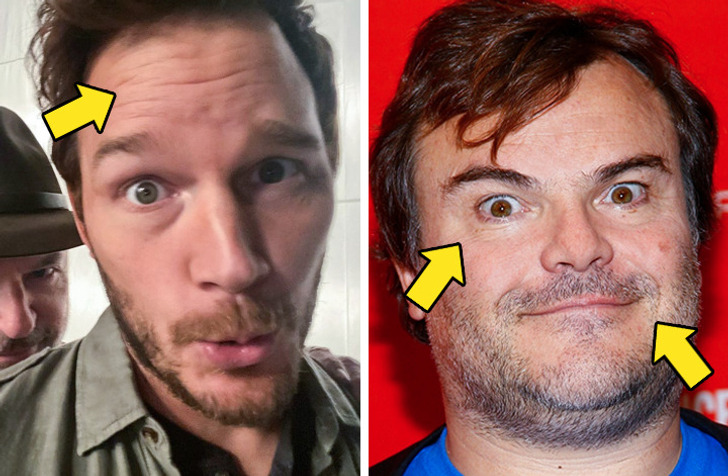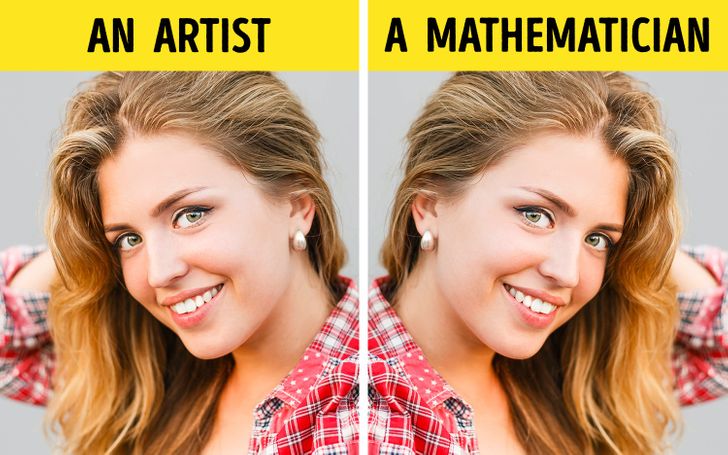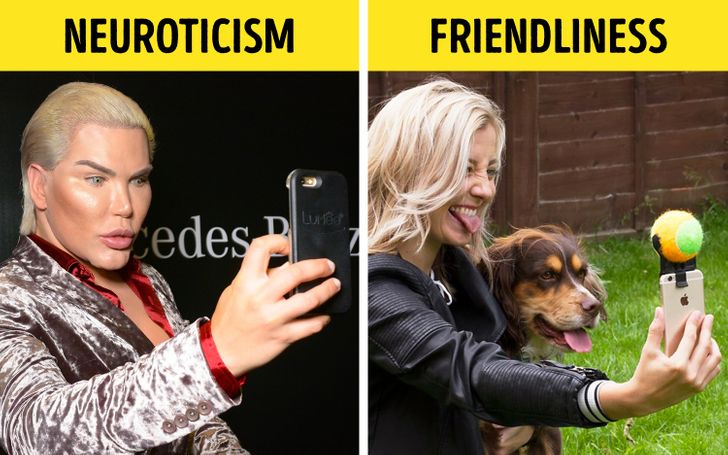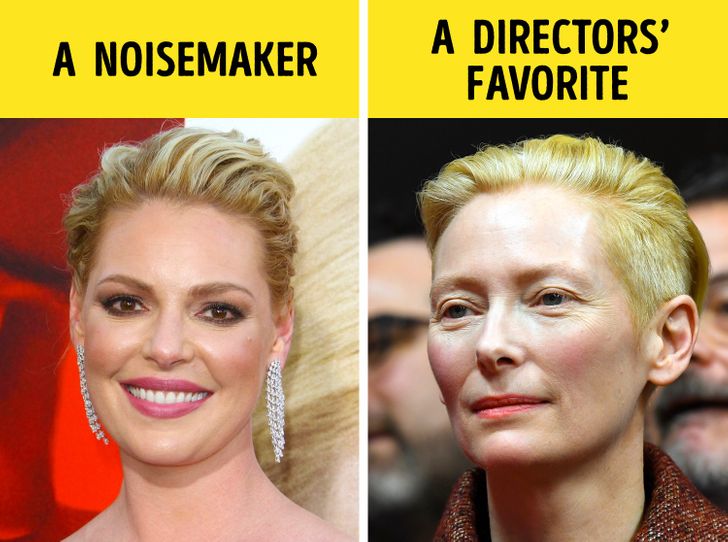6 Curious Facts Your Appearance Can Say About You
Scientists have declared that physiognomy, the art of reading character from faces, is a fake science. However some researchers have proven that a face can deliver very important information about our personality. Carmen E. Lefevre from the University College London assures us that appearance is the product of genes, hormones, and lifestyle. This is why a human’s face can really be a mirror into our soul.
Bright Side put together 6 scientific studies for you which prove that a human’s face can say something really interesting about their personality. Even the way people pose for the camera can say a lot about their character. You will find a bonus in the end that will show that appearances can be very deceiving.
1. The face shape
Scientists have proven the connection between face shape and dominance. When studying the 2010 World Cup, Keith Welker, from the University of Colorado Boulder, confirmed that the ratio between the width and height of the soccer players’ faces could predict how many goals they would score.
The average ratio is usually around 2. Abraham Lincoln’s ratio was 1.93.
- To figure out the calculations with your own face, measure the distance between your ears and the distance between the upper line of your eyes and your upper lip. The ratio between these two figures will show how high your chances for success are. According to scientists, the lower the figure, the higher the chances.
2. The prominent cheekbones
A study conducted by scientists at the University College London showed that men with a high level of testosterone have broad faces and thick cheekbones. The level of this hormone has a direct connection with aggressiveness, dominance, and a rebellious spirit. By the way, women subconsciously feel it.
- This trick is regularly used by movie directors who choose men with rough facial features for the parts of alpha-males, rebels, and villains.
3. Wrinkles
Wrinkles betray not only a human’s age but also their character. A person uses different face muscles to smile, cry, frown, or raise an eyebrow. In time, these wrinkles show the most used emotion on a person’s face, even when they are calm and thinking about nothing.
- Crow’s feet at the corners of lips and eyes say optimistic things about your personality. You sincerely love to laugh and are very emotional. At the same time, a crease of the forehead between the eyebrows says you’re a serious person who has gone through a lot in life.
4. A person’s profession, in just one shot
Many of us turn our face to a certain side when taking photos, thinking that we look more attractive this way. A study by scientists from the University of South Australia showed that the reasons for this action are much deeper. It turns out that engineers, mathematicians, and chemists turn their right cheek to the camera more often, while artists and psychologists turn the left side of their face to the camera.
- There was also a difference between genders. Women turn their head to the right more often, showing their left cheek. Researchers believe that the left side of the face is considered more attractive because it is controlled by the right side of the brain which is responsible for emotions.
5. Your selfie is your short autobiography.
Lin Kee, from Nanyang Technological University in Singapore, analyzed 123 selfies taken from Sina Weibo, a Chinese microblogging site similar to Twitter. She found a curious connection between selfie types and a person’s personal traits. Friendly people prefer to take photos of themselves from below. Those people who are open to new experiences demonstrate positive emotions more often and are not afraid to look funny in their photos. While neurotic people tend to make the infamous ’duck face’ in their selfies.
- Still scientists could not clearly define the personal traits of the people in the photos. This is because people tend to look better on their selfies than in real life, which complicates the task.
6. The effect of Dorian Gray
Even two identical twins who are impossible to distinguish from each other gain more and more differences with age. It’s not even about genes, but about the lifestyle a certain person leads. Bad habits print their pattern on faces over time and help to immediately show what kind of life this person leads and what should be expected from them.
- Of course, a person with bad habits can easily be identified at first glance. But on the other hand, a human’s evils are not always reflected on their face.
Bonus: beauty = kindness?
Alexander Todorov, professor of psychology at Princeton University, is sure that we immediately form our impression about new people, but these judgements can often be very deceiving. They are based on something called the halo effect, a stereotype which connects behavior with appearance, where beautiful people seem to be smart and kind.
To demonstrate his theory, Todorov asked students to assess the appearance of different composite portraits. People with child-like facial features, like round faces and big eyes, seemed to be fragile, naive, obedient, sincere, and kind. While gloomy, ugly, asymmetric faces were associated with unfriendly personalities.
Just remember how many times your first impression about a person was deceiving. Sometimes, positive and nice people turn out to be disappointing in the end, while those who made a bad first impression turn out to be wonderful people. This is because many people are more inclined to judge a book by its cover than to dive a little deeper and figure out who the person really is and what they are like.
Is your first impression about a person always correct, or have you been mistaken sometimes? Do you believe that a person’s character can be defined by their face? Or, maybe, you think that physiognomy is more of a mysticism than a true science? Share your opinion in the comments below.
Comments
Related Reads
18 Facts About Human Blood That We Didn’t Know
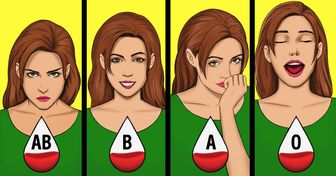
15+ Stories About Celebrities Who Haven’t Been Ruined by Fame and Recognition
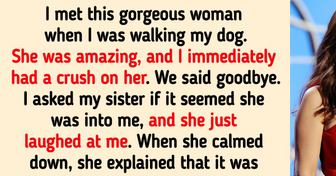
My Evil Stepmother Wants to Take My Baby Away From Me, and Her Reasoning Behind It Makes Me Mad

People Talk About 10 Strange Situations They Can’t Explain (Some Sound Like Movie Scripts)

Sharon Stone, 65, Shares a Stunning Bikini Photo, But One Twist Completely Stole Her Thunder

15 People Shared the Moment They Realized Their Partner Was “The One,” and Their Stories Are Soul-Stirring

What the Wives of 14 Actors Who’ve Broken Millions of Women’s Hearts Look Like

I Embarrassed My Mother by Kicking Her Out of My Wedding

I Left My Fiancé at the Altar Over a Last-Minute Prenup Demand

16 People Who Should Have Taken Out Insurance Before Welcoming Their Guests

10+ Comics Showing What Love Looks Like Before and After 30
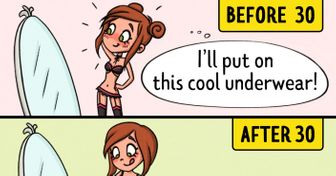
Men and Women Have Very Different Ideas About Ideal Lip Size, According to Studies
